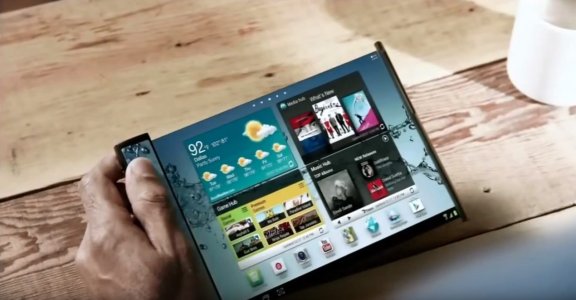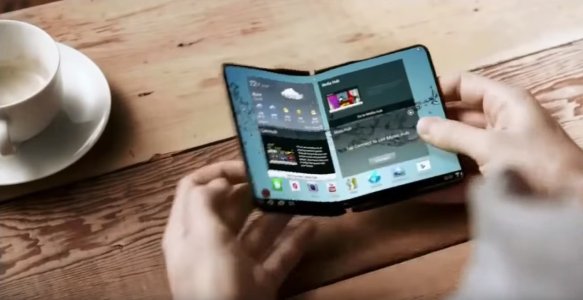houkoholic
New member
What people want and what they get are two different things. Here in the USA BYOD is the only way at most companies--the company figured out that this makes employees happy and keeps corporate costs lower. A thing to keep in mind is that in the USA businesses with less than 500 employees account for more than half of the jobs. These small businesses don't have the budget to supply workers with phones, and why should they bother when employees are happier using their own phones? Despite press about getting away from employment demands outside of work it is just getting worse and worse in the USA--the lowliest job now includes the expectation that you are on call via email and text 24/7.
Small business and low paying jobs won't be the target of enterprise level solutions that MS is offering. These businesses are probably already outsourcing the majority of their IT services and relies mostly on cloud for things like email, has NO internal IT guy etc, in which case they also probably have no attachment to things like x86 apps or maybe even Windows to begin with. That battle front is not where MS wants to fight anyway, because this market is as fickle to change as the normal consumer market.
If you start moving up the chain where actual IT has any say in the company's BYOD operation, you'll begin to see that BYOD is hardly the wild west free for all - most companies' IT will certify a couple of phones which the employee can choose from - most likely iPhones, then some top end and well understood/supported Androids like a flagship Samsung Galaxy - but they won't let you bring in some no-frills device in to ensure maximum compatibility with internal systems to reduce support headaches as well as meeting auditing requirements - I work in a medium size company and IT offers either company issued BlackBerry, or you can BYO iPhone, no Androids allowed due to security concerns. Now this is where Microsoft can make inroads and that's what they are targeting with the partnership with companies like HP. And of course, more than a few sales people WILL turn off their company phones/number after hours, not everyone just rolls over when the company tries to screw them out of their private time without paying.
And if move away from the US, plenty of countries are shunting BYOD altogether either because of personal reasons or company policy. The world doesn't revolve around US cultures. I deal with a lot of large Japanese companies and they are still issuing flip phones for their employees for example and are still sitting out on the transition to smartphones. Large business is known to be slow to adopt new technology, so BYOD is hardly the future standard set in stone.
Last edited:




